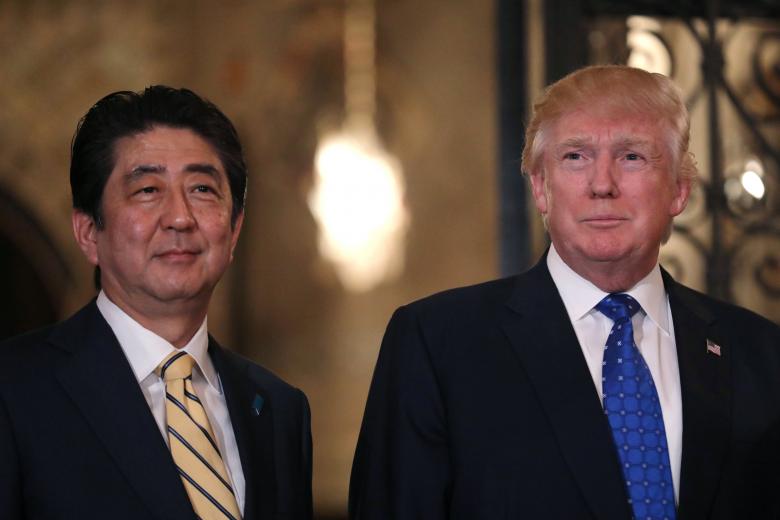Talking about human rights may get you stuck in China
Top politics and current affairs news for March 27, 2017. Part of the daily The China Project news roundup "The selection of Carrie Lam."

A Chinese-born professor at an Australian university and a Taiwanese man experienced interference (and possibly foul play) during their visits to China last week, probably due to their interest in human rights.
Feng Chongyi 冯崇义, a longtime professor at the University of Technology Sydney who studies political reform in China, was barred from leaving the country after a visit during which he had been researching Chinese human rights lawyers, his attorney told (paywall) the New York Times. He was then subjected to multiple rounds of questioning about his field research in China and was pressured to take a lie detector test, which he refused, according to the Sydney Morning Herald. The delay in Feng’s travels is a bump in Australia-China relations, which have otherwise been looking increasingly sunny.
Lee Ming-cheh 李明哲, on the other hand, is a community college manager from Taiwan whose more informal discussions of human rights with friends in the mainland through social media may have led to his disappearance (paywall) last week. Lee had entered the southern Chinese city of Zhuhai from nearby Macau, intending to visit his sick mother-in-law, and promptly went missing, sparking an outcry from Taiwan’s ruling government. Both incidents highlight the risk involved in researching — or even discussing — human rights in China, particularly after new legislation (paywall) that more tightly regulates foreign NGOs went into effect this year.
- Taipei ‘foiled in bid to open back channel to Beijing’ / SCMP
- Democrats question potential Kushner deal With China’s Anbang / Bloomberg
- How the rise of a liberal, social media-savvy generation is changing Chinese society – Essay by Alec Ash, based on his book Wish Lanterns / Vox
- What a Buddhist monk taught Xi Jinping / NYT (paywall)
- Suspects in China’s ‘biggest baby milk scandal in decade’ go on trial – Suspects were arrested in September 2015 / SCMP






